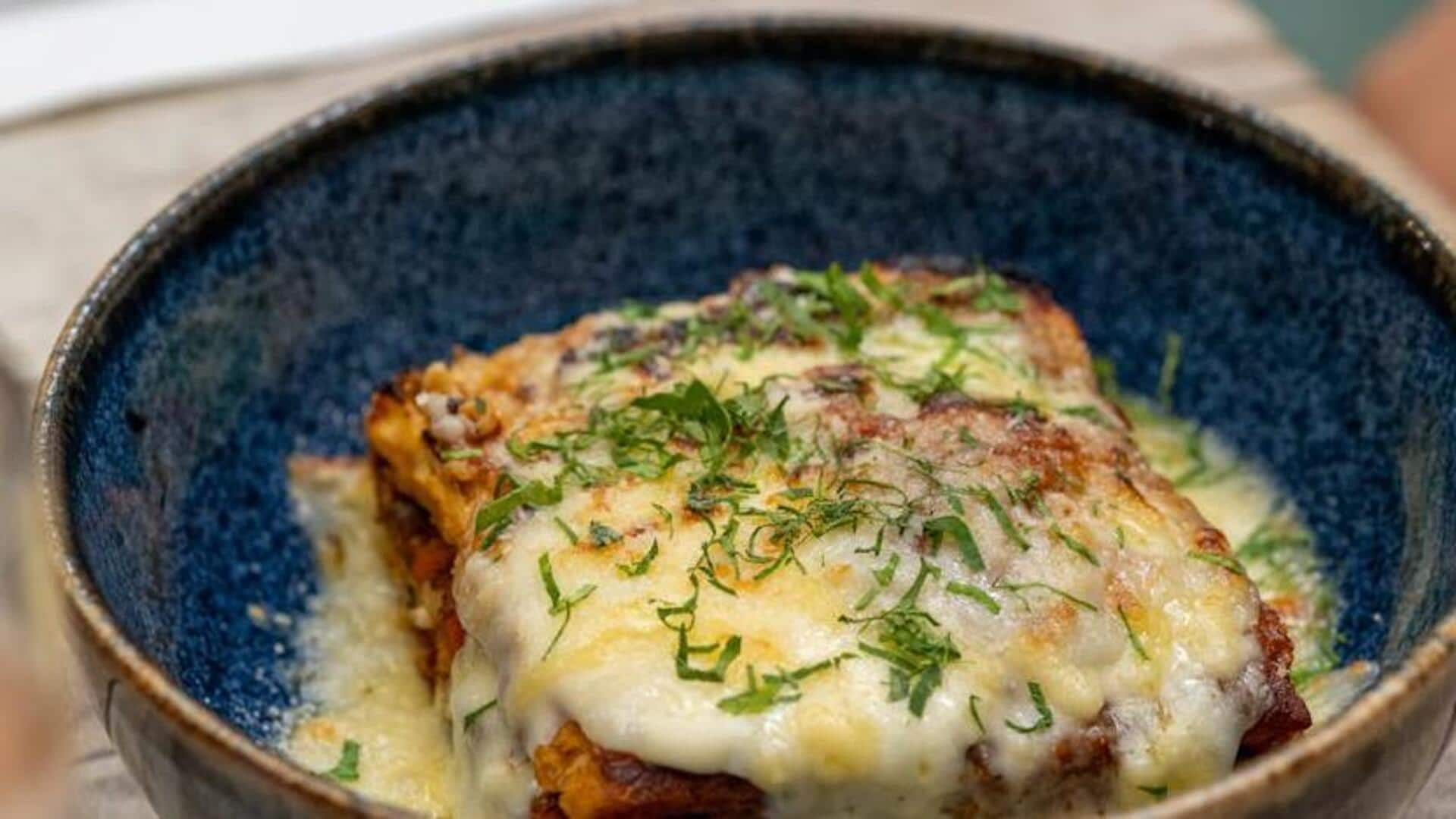
Essential ingredients for classic French sauces
What's the story
French cuisine is renowned for its sophistication and depth, with sauces playing a pivotal role in many dishes. Understanding the building blocks of these classic sauces is crucial for any aspiring chef or home cook looking to bring a touch of French elegance to their cooking. This article explores the key ingredients and techniques needed to master the art of French sauce-making.
Base
The foundation: Stocks and broths
At the heart of many classic French sauces lies a rich, flavorful stock or broth. Whether it's chicken, beef, fish, or vegetable stock, these liquids provide the essential base from which sauces are built. A good quality homemade stock can elevate a sauce from good to exceptional, imparting depth and complexity that cannot be achieved with store-bought alternatives.
Thickener
Roux: The thickening agent
Roux, a blend of flour and fat cooked to a color ranging from blond to dark brown, acts as a thickener for many sauces, including the renowned bechamel and veloute. The secret to crafting the perfect roux lies in patience. Slow cooking ensures it thickens evenly without the risk of burning, essential for achieving the desired consistency and flavor.
Emulsion
Emulsifiers: Egg yolks and mustard
Egg yolks and mustard are fundamental emulsifiers in French cuisine, essential for blending oil- and water-based ingredients effectively. Egg yolks play a pivotal role in the creation of Hollandaise sauce, while mustard is integral to vinaigrettes and mayonnaise-based sauces. These emulsifiers do more than just stabilize mixtures; they also significantly contribute to the flavor, making them indispensable in the art of French sauce-making.
Seasoning
Flavor enhancers: Herbs and spices
Herbs such as tarragon, thyme, bay leaves, and parsley along with spices like nutmeg are frequently used to season French sauces. Fresh herbs are preferred for their vibrant flavor, but dried versions can be used when fresh ones aren't available. These seasonings should be added judiciously to complement, rather than overpower, the primary flavors of the dish.
Balance
Acidity: Wine and vinegar
Acidic components, such as wine or vinegar, are vital in balancing rich sauces by cutting through their fatness with sharpness. White wines are typically used in lighter sauces, like Beurre Blanc, while red wines complement more robust creations, such as Bordelaise sauce. Vinegar offers a similar effect but with an even sharper tang, adding another layer of complexity to the sauce's overall flavor profile.